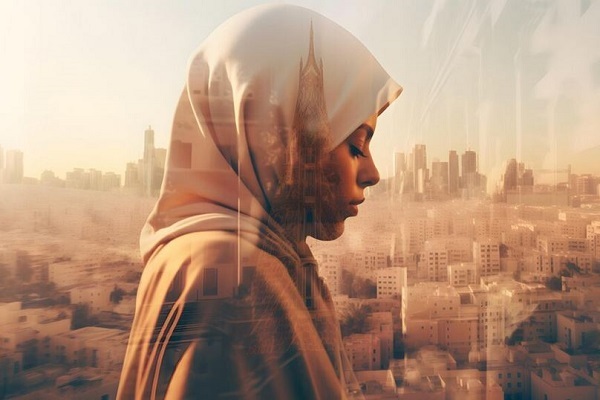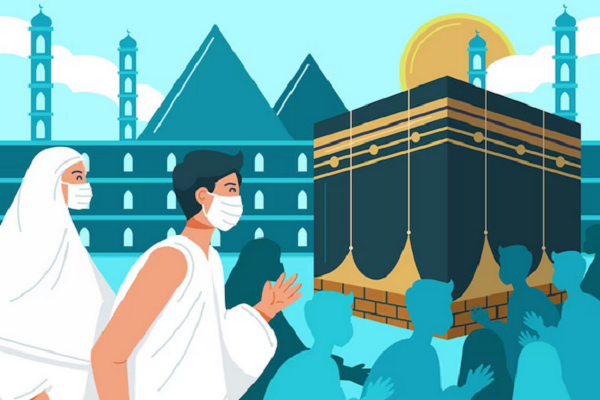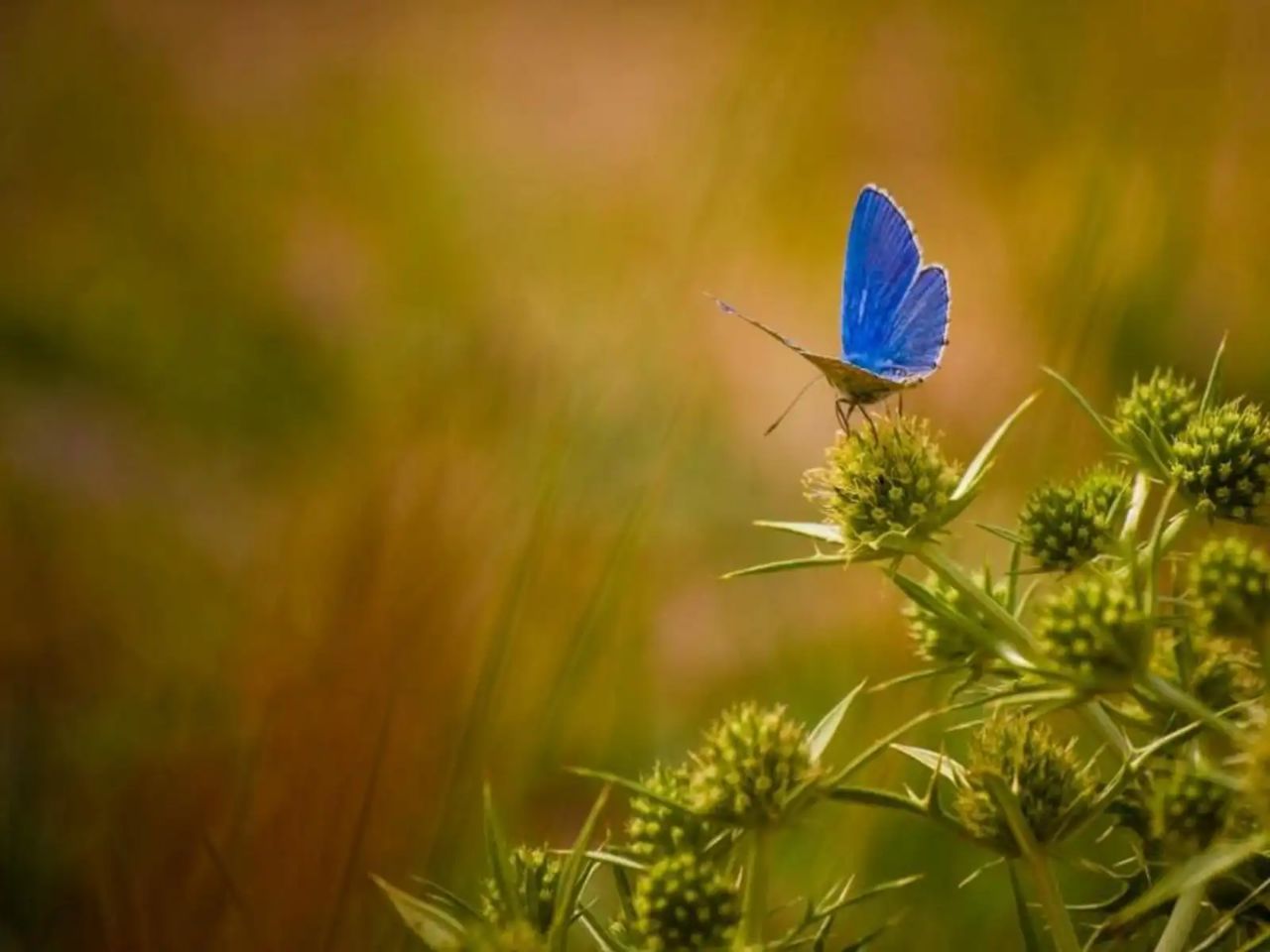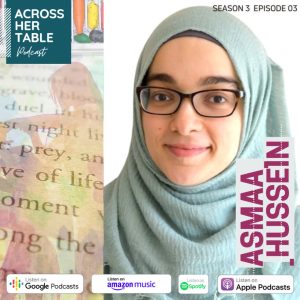According to rahyafte (the missionaries and converts website):Before we begin to answer these questions, let us hit the rewind button and see how women fared in the pre-Islamic Arabia and what happened after the advent of Islam.
Even the hawks in West agree that the women in 7th century Arabia had rights not extended to most women in Europe and America until the 18th century. Islam made education mandatory for both men and women, gave women right to own and inherit property and made her consent a pre-condition for the legitimate marriage contract. Then, you would obviously wonder, why women’s rights in Islam has become a subject of vociferous debate in the mainstream discourse?
It’s partly due to the monstrous menace of radicalism and the flawed interpretation of Islamic laws by some ‘Muslims’ and partly due to the Islamophobic bigotry in the West. It is sad to see the religion of great women like Khadijah (SA), Fatimah (SA), and Zainab (SA) hijacked by a fringe group, giving ammunition to the Islam-bashing ‘experts’ in the West to fire salvos at Islam and Muslim women.
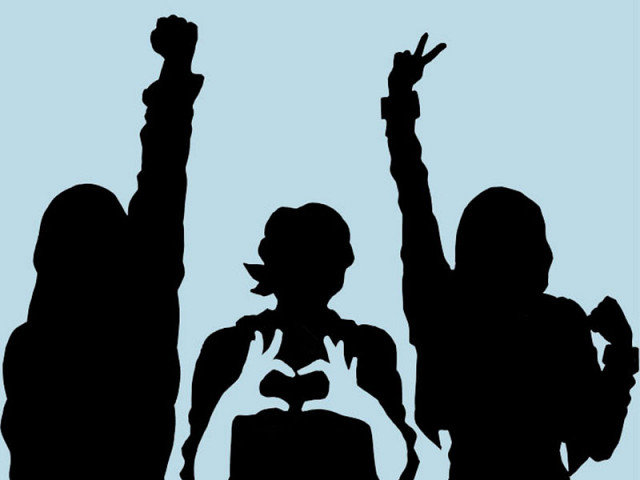
The western discourse has consistently argued that the women in Islam are oppressed, subjugated and degraded. Muslim women, the vociferous feminists in the West contend, have no ‘voice’ and need to be ‘liberated’.
Hijab has drawn tremendous amount of attention and backlash, often seen as a ‘symbol of oppression’ and perceived as a threat in countries like France where the government has banned it in public spaces. Western mainstream media has played a key role in perpetuating these fallacies. On the contrary, what the veiled women have to say about hijab is totally different from the critique of feminists in the West.
The concept of women’s rights and women’s emancipation in Islam has a fairly long history. Prophet Mohammad’s (PBUH) first wife Hazrat Khadija (SA) was not only the first one to accept Islam but she was also a successful and independent businesswoman.
As Annie Besant writes in ‘The Life and Teachings of Mohammed’ (1932), it is a slander to suggest that the women in Islam are subjugated and denied freedom. “It is only in the last twenty years that Christian England has recognized the right of woman to property, while Islam has allowed this right from all times.”
Before the advent of Islam in Arabia, young girls were buried alive and women were objectified. Islam liberated them and empowered them. Contrary to the popular perception, Islam does not promote gender disparity.
“And whoever does righteous deeds, whether male or female, while being a believer – those will enter Paradise and will not be wronged, [even as much as] the speck on a date seed.” (Quran 4:124)
A man, in Islam, has the responsibility to safeguard and strengthen the family, provide food, shelter and other basic needs. In terms of rights, both women and men share the same pedestal which is illustrated by this verse: “And for women are rights over men, similar to those of men over women.” (Quran 2:228)
Things are changing for good. Muslim women have begun to reclaim the narrative, demolish the stereotypes, and speak for themselves.
In modern times, we have seen Muslim women play an instrumental role in peace building processes in places like Sierra Leone, Philippines, Afghanistan, El Salvador, Nigeria, Lebanon etc.
From Iran’s Olympic gold medalist Kimia Alizadeh, Pakistani teenage activist Malala Yousufzai, Muslim American fencer Ibtihaj Muhammad, Yemeni journalist and Noble Peace Prize winner Tawakkul Karman, Malaysian feminist Zainah Anwar, Afghanistan’s first female prosecutor general Maria Bashir, to Kashmiri activist and APDP chairperson Parveena Ahangar, there are numerous stories of extraordinary courage, conviction and resilience.
Of course, not everything is hunky-dory. A lot more needs to be done to empower women and make them equal partners in everything. And it’s important to remember what the great Khan Abdul Ghaffar said once: “If you wish to know how civilized a culture is, look at the way they treat their women.”
Source:Tehran tims






